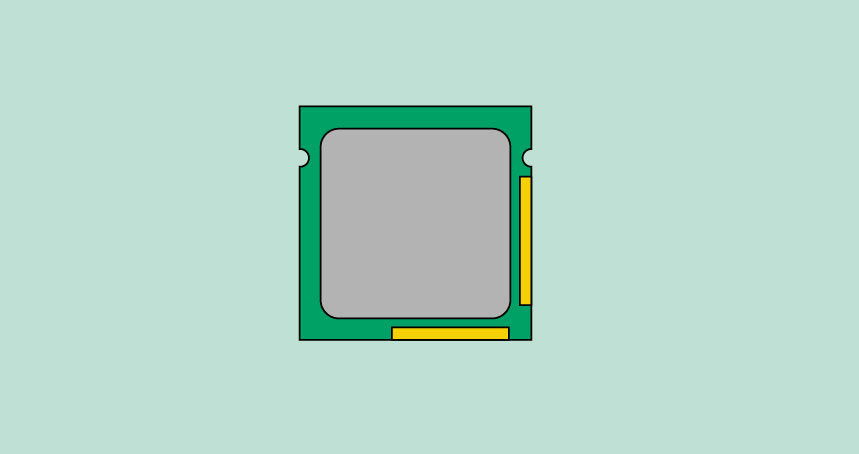1. The CPU (Central Processing Unit or processor) is responsible for processing all information from programs run by your computer. The ‘clock speed’, or the speed at which the processor processes information, is measured in gigahertz (GHz). This means that a processor advertising a high GHz rating will likely perform faster than a similarly specified processor of the same brand and age.
2. The form, design, and implementation of CPUs have changed over time, but their fundamental operation remains almost unchanged. Principal components of a CPU include the arithmetic–logic unit (ALU) that performs arithmetic and logic operations, processor registers that supply operands to the ALU and store the results of ALU operations, and a control unit that orchestrates the fetching (from memory), decoding and execution of instructions by directing the coordinated operations of the ALU, registers and other components.
3. Most modern CPUs are implemented on integrated circuit (IC) microprocessors, with one or more CPUs on a single metal-oxide-semiconductor (MOS) IC chip. Microprocessor chips with multiple CPUs are multi-core processors. The individual physical CPUs, processor cores, can also be multithreaded to create additional virtual or logical CPUs.[2]
4. An IC that contains a CPU may also contain memory, peripheral interfaces, and other components of a computer; such integrated devices are variously called microcontrollers or systems on a chip (SoC).
